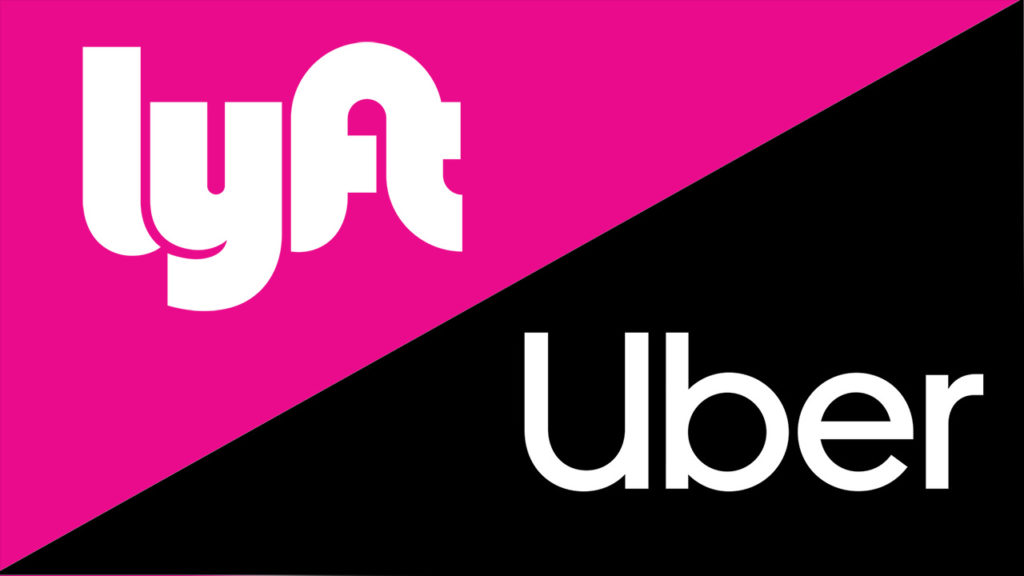Uber and Lyft announced their customer reward programs last week—two days apart. The competition for consumers preference continues, while both ridesharing giants also plan to go public next year.
On November 12, Lyft disclosed whenever a customer uses their app they get points for every dollar they spend. If a customer earns enough points, they can unlock rewards like an upgrade to Lyft Lux or savings on future rides. It’s expected to begin next month.
Uber’s program already kicked-off in nine cities. The loyalty program is similar in concept to Lyft. However, Uber’s program gives one point for every dollar spent on Uber Pool rides and Uber Eats orders. It also gives two points for ordering an UberX, UberXL, Select, or WAV ride, and three points for ordering Black and Black SUV rides.
There are four membership levels: Blue, Gold, Platinum and Diamond. The higher the rank, the better the perks.
This announcement came shortly after with Uber announced its Q3 earnings report. In self-reported financials, the company lost just over $1 billion due to investment and business diversification inbikes, scooters and its food delivery service. However, revenue rose 38% from the same quarter last year. Dara Khosrowshahi, Uber’s CEO has claimed that in 10 years, only 50% of the company’s business will be from ridesharing.
As Uber heads into 2019 for its anticipated IPO, bankers estimate it is worth up to $120 billion, doubling from its last valuation of $62 billion. Lyft recently got JPMorgan Chase to lead its own public offering in hopes that it will set its market capitalization to over $15 billion.
Uber does not self-report market share data, and thus it is imperfect, but, according to the analytics platform Second Measure, in March Uber held 73% of the market for ridesharing. Lyft disclosed in May that it currently holds 35% of the market.
According to a Certify SpendSmart report, Uber was the most expensed vendor in Q3. They consisted of 11 percent of over 10 million T&E transactions the report processed for Q3. Lyft joined them on the top 10 list ranking sixth with 3 percent of transactions.

